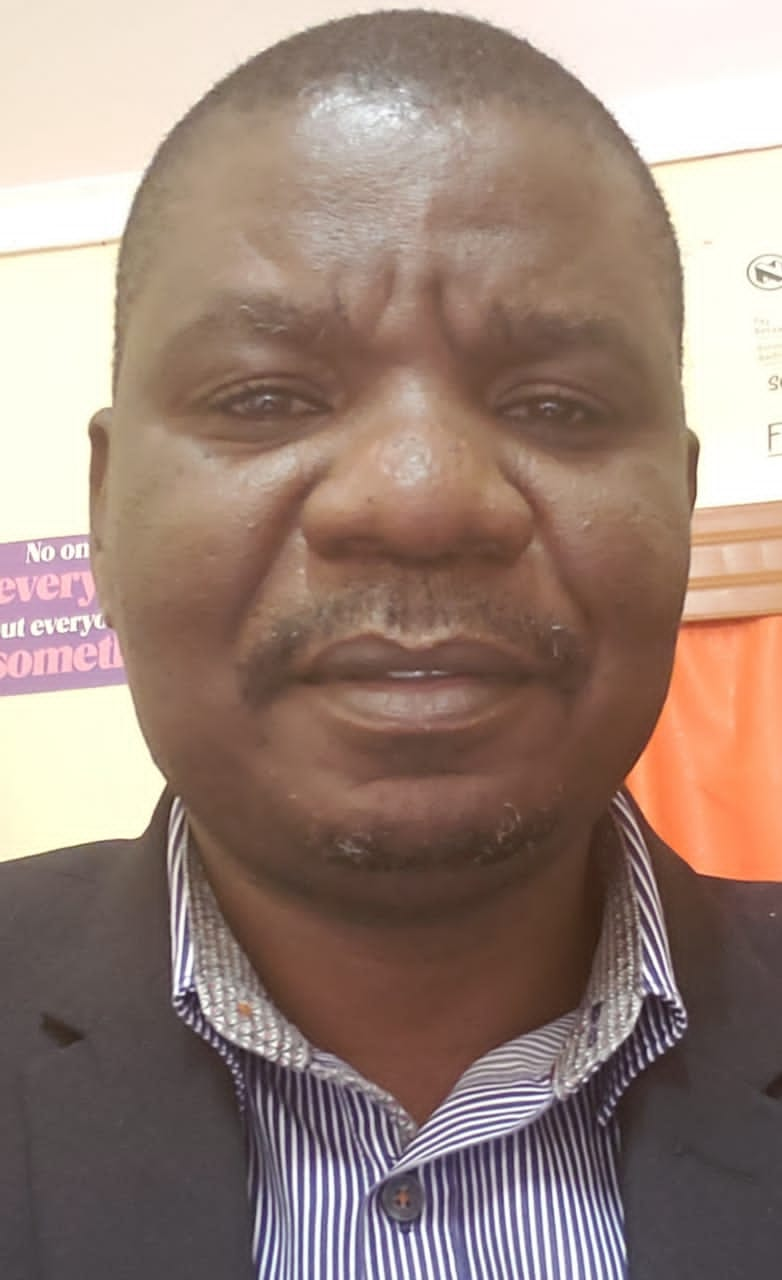Faustinus Shikukutu
Thirty-two years of independence have rolled on but Kavangos still complain of being excluded from the delicious part of the independence cake. Although, many reasons had been attributed to the cause of the exclusion, backstabbing one another, especially by some of those aspiring for political and leadership positions, is one of the genesis.
As much as outsiders can be blamed for Kavango`s social and economic exclusions, an honest self-assessment is needed to answer the questions of who feeds outsiders with information about others.
According to the Jewish prophet, Micah, “A man’s enemies are the men of his own household (Micah 7:6)”; he foresaw what would be the greatest undoing of any man, which are the people around him. Similarly, in Kavango, there is a saying that ‘osho sha djonaghurango likunde, mulikunde shakara’ (what destroys a bean is in the bean). It means one is ruined by those around them, the ones you trust much because those far away who do not know your secrets can hardly harm you. The enemy is there in the region; they are those closest to us.
Kavangos, who constitute the second highest ethnic population group in the country and produce election results for the governing party continue to grumble about a deliberate effort by the central government of being marginalised politically and economically.
Those complaining of marginalisation always points to the following – poverty and little or no appointments in national government structures. The undeniable truth is, although some of the complaints raised might be certifiable, some of the exclusions are due to own doings.
Whether one is in the East or West, the feeling is the same. Unfortunately, people from Kavango pretend to be the holiest people to unmask the scoundrels, and those who dare to point out the truth are called names.
Therefore, the central government or other people take advantage of the situation and continue the marginalisation while they enjoy the backstabbing. Some leaders in the region use artificial smiles when they meet with others or during events – but once done, they start badmouthing those who are not from their tribal or political club.
It is these imbeciles that we confer with chieftaincy titles; honour in public spaces and offices, and elect and appoint to political offices. We run after them on the streets, begging for largesse and treating them like demi-gods, ‘vafumwadeka’ (Honourable).
While other ethnicities look at Kavangos with suspicion, the fundamental question to ask here is, who is marginalising the Kavangos? Some people have opined that Kavangos are their own worst enemies. It is well known that if a RuKavango speaker enters an office, headed by a fellow RuKavango speaker, greetings and conversations are mostly in a foreign language, which is likely to be English.
People seeking service might greet and speak RuKavango to a Kavango in the office, and the response is likely to be in English. When a RuKavango speaker occupies a top post in an establishment, unlike some other ethnicities, he would not want another RuKavango speaker to get closer to his position.
Kavangos are the architect of their misfortunes. Instead of realising their contribution to the self-inflicted misery, they continue blaming others. They are too good to other people but cowardice and enemies of progress to their own people within the region.
Instead of supporting their own people, based on capabilities, integrity and intellectuals, they doubt themselves more than anybody else ever will. Kavangos are at war with themselves, discriminating against each other based on tribe, birthplace (Kavango East or West), parents’ allegiance to the ruling party, whether one suffered at the hands of Koevoet or SWATF members, and whether one was in exile to fight for the liberation struggle.
Kavangos, who have often blamed and continue to blame the central government and others for the backwardness in the region should know they have no one but themselves to blame for some of the distress. A number of the elite in the region are not only selfish but they also get their politics wrong.
They only think about themselves and associates, and they disparage other leaders they portray as obstacles to their baleful motives – going to the extent of writing letters to tarnish others` characters for the sake of positions. The political gimmick being played by some lunatics in Kavango feeding outsiders false information about others’ past will one day be exposed.
The reason for all this is that the Kavangos hate Kavangos. If the Kavangos love Kavangos, their desire to be recognised by others would have materialised.
The question may be asked as to whether the Kavangos can forge a common front that could address the region`s agitation. For that to happen, The Kavangos must look inward to conquer their problems; Kavangos must learn to love themselves, provide shoulders to their brothers to stand on to reach the summit and move away from the “I” context to the “we” context.
You cannot hate yourself and expect outsiders to love you.



